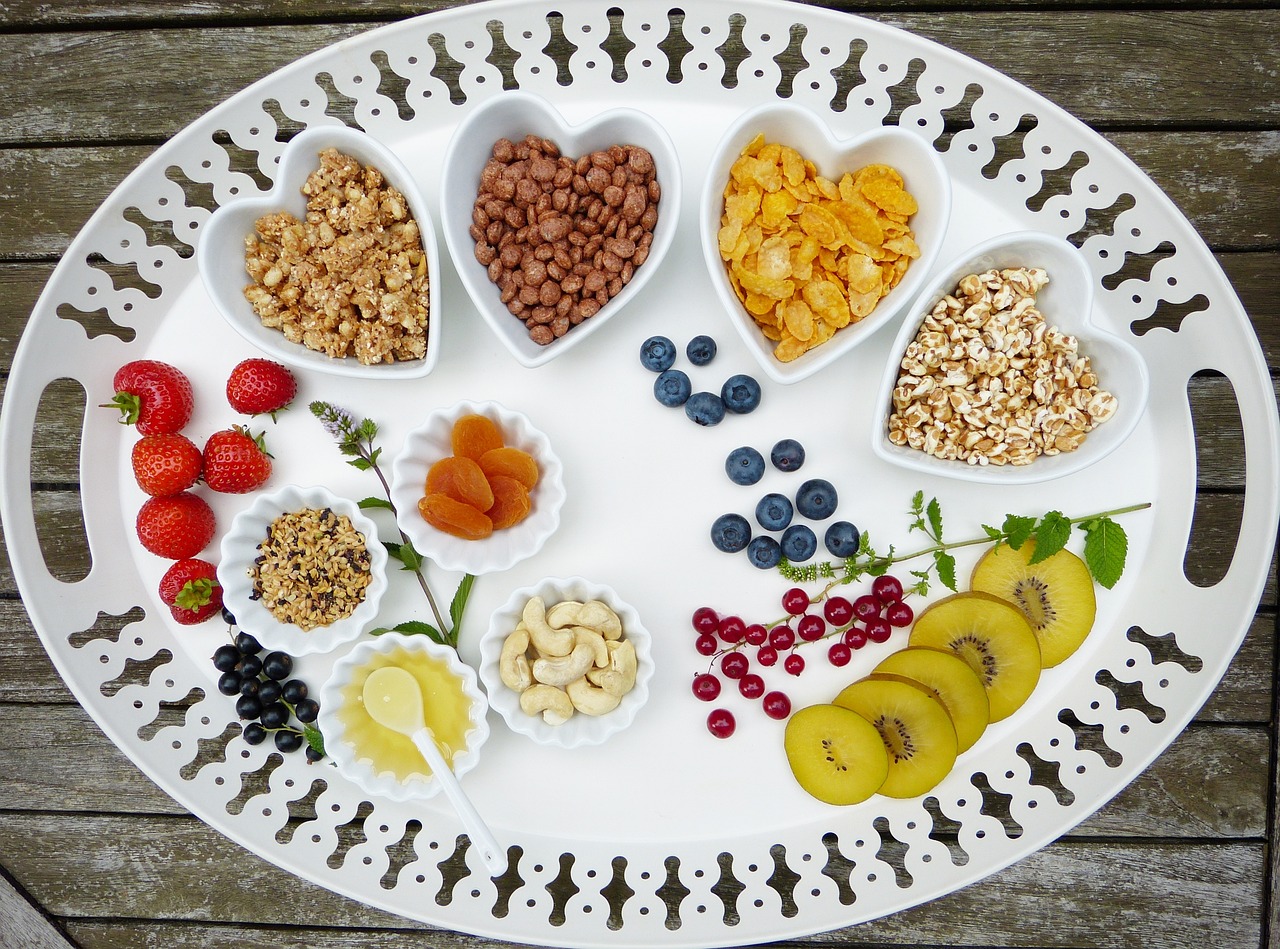The diet that you consume plays a role in your body’s ability to better manage its stress load. Below is a list of foods that help you to naturally reduce your stress level as an alternative to medications that cause unpleasant side effects. Here’s a partial list of foods to consider when meal planning for yourself and your family. As always, please first consult your licensed medical professional prior to consuming any foods listed herein as they could pose several health risks if you are allergy to them.
[1] Spinach
Available year-round, Spinach harvested from March to May and September through October has the highest nutrient value. Spinach is a highly nutritious dark leafy green vegetable that contains ironIron is a crucial mineral with a primary role in transporting oxygen throughout the body via hemoglobin, a component of red blood cells. This oxygen transport is vital for energy More, vitamin CVitamin C, also known as ascorbic acid, is a water-soluble vitamin with a multitude of essential functions in the body. Renowned for its powerful antioxidant properties, Vitamin C helps protect More, vitamin KVitamin K is essential for blood clotting, bone health, and overall cardiovascular well-being. It plays a crucial role in the synthesis of proteins responsible for blood clotting and preventing excessive More, and tryptophan Working alongside vitamin B6, niacin, and magnesium, Tryptophan is an essential amino acid that is used by the brain to produce serotonin. It helps induce natural sleep, reduces pain sensitivity, More. It can be eaten either raw or cooked and the best way to cook them is via a one-minute “quick boil”.
Working alongside vitamin B6, niacin, and magnesium, Tryptophan is an essential amino acid that is used by the brain to produce serotonin. It helps induce natural sleep, reduces pain sensitivity, More. It can be eaten either raw or cooked and the best way to cook them is via a one-minute “quick boil”.
There are four types of Spinach: curly-leaf Spinach, flat-leaf Spinach, baby Spinach, and New Zealand Spinach. Use (baby) spinach in salads and on sandwiches.
[2] Oranges
Available year-round, Oranges are considered an excellent source of Vitamin C, which provides “protection against oxidative damage to cell structures including DNA,” oranges contain antioxidants that will boost your body’s immune system, including “more than 60 flavonoids that provide powerful anti-inflammatory and antioxidant protection.”
They are typically classified as sweet or bitter, but among the former, they come in the variety of Blood – harvested from March to May, Jaffa – harvested from December through February, Navel – harvested from November through April, Valencia – harvested in March through June, and Cara Cara. With a healthier immune system, the cortisol levels in your body will decrease, helping to reduce your anxiety.
[3] Salmon
Available year-round, Salmon typically is associated with the Atlantic or Pacific Ocean, this fresh fish product contains antioxidants, protein, and anti-inflammatory omega-3 fatty acids, which help to create a healthy brain that can withstand the daily stresses that occur at work or school. Omega-3s are vital in the treatment of serious conditions, such as heart attack or stroke, cardiovascular disease, Alzheimer’s disease, breast cancer, migraine headaches, arteriosclerosis, and rheumatoid arthritis.
In addition, “it is rich in both eicosapentaenoic acid [EPA] and docosahexaenoic acid [DHA]….vitamin C, selenium, and carotenoids, such as astaxanthin. It comes in six species: Atlantic Salmon, Chinook, Chum, Coho, Pink, Sockeye, and Steelhead. The easiest way to cook is via a five-minute quick boil.
[4] Blueberries
Available May through October when they have their highest nutritional value, Blueberries are considered a superfood due to their anthocyanidins, which help to support good circulation. With minimal preparation, you can enjoy them in oatmeal, smoothies, or in baked goods.
They contain powerful antioxidant protection along with being good sources of Vitamins K & C, along with manganese. They come in three different species: Highbush – commonly sold in stores, Lowbush – or “wild blueberries”, and Rabbiteye – common in the southern US but cultivated from the Highbush species.
[5] Almonds
Available year-round, Almonds are considered the “King of Nuts” due to their high nutritional value in biotinVitamin B7, commonly known as biotin, is essential for various metabolic processes in the body, particularly those related to energy production. Biotin plays a key role in the metabolism of More, manganese, copper, and Vitamin K. So when you eat these oval-shaped, buttery-tasting specimens, Vitamin EVitamin E, a fat-soluble antioxidant, plays a crucial role in protecting cells from oxidative damage caused by free radicals. As a potent scavenger of these harmful molecules, Vitamin E helps More helps to reduce the free radicals in your body’s cells. So when you are experiencing stress, then your body’s glands release hormones that will damage the cells in your mind and body, and consuming almonds can repair this damage.
They are classified as sweet or bitter. Jordan Almonds imported from Spain and Nonpareil Almonds cultivated in California are both classified as sweet, whereas, bitter almonds are inedible and thus are used to make almond oil.
Stress is like spice – in the right proportion, it enhances the flavor of a dish. Too little produces a bland, dull meal; too much may choke you.”
~Donald Tubesing
Tomorrow, we will continue our list and cover avocados, dark chocolate, asparagus, oatmeal, and turkey. Until then, feel free to share your thoughts in the comment section below. #dphealer





One Comment
Pingback: